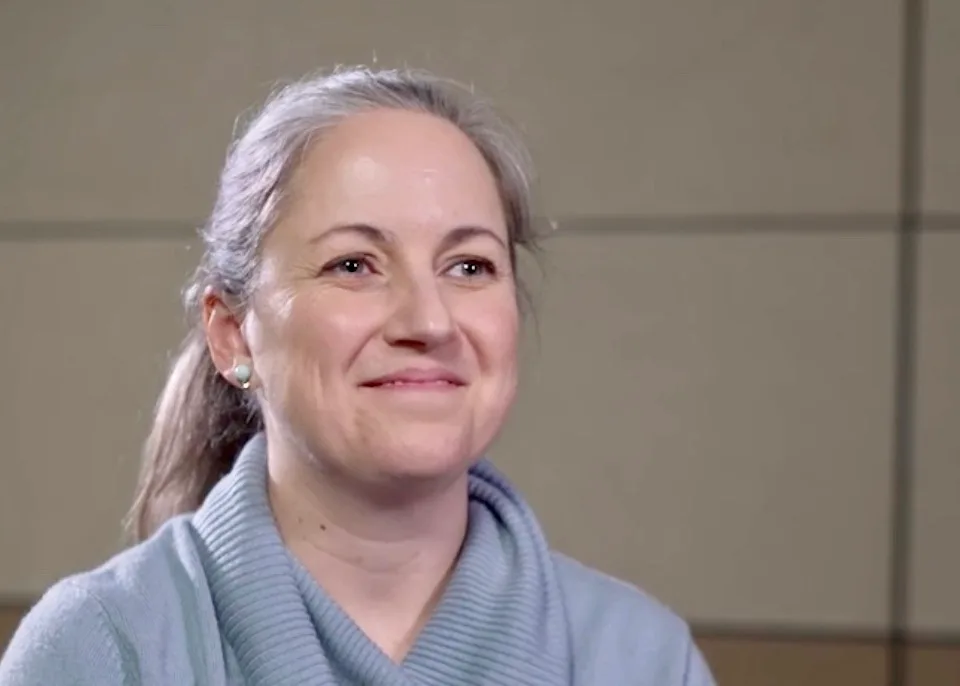Resource Details
Resource Format
Categories
Share:
A patient navigator helps patients and clinicians create and access autism-competent care.
They focus on improving processes for both inpatient and outpatient care in a medical facility and identify opportunities to improve outreach so patients and staff are aware of the tools and resources that can improve care and outcomes. Some patient navigators specialize in assisting cancer patients but in the context of autism they work with providers to enhance their understanding of an autistic person’s unique communication, sensory, and behavioral needs.
Patient navigators also coordinate care and seek out opportunities to improve outreach in ways that heighten awareness of the specific needs that make healthcare more accessible and comfortable for autistic people.
While the work of a patient navigator is largely within the healthcare setting, they can also work with autistic adults to develop tools outside of the office environment to help with recovery from medical procedures and to assure continued good health. Such supports could include physical exercise or accommodations at home to help with mobility, guides for personal care, or communication tools for working with physical therapists.
Meet Karen Turner
Karen Turner is a patient navigator at the Massachusetts General Hospital in Boston, MA, and has developed tools and strategies for autistic people that have vastly improved the health outcomes for people with some of the most challenging forms of autism. She emphasizes the importance of creativity and flexibility in building in accommodations for autistic people and notes that she has ‘never seen an unreasonable accommodation’ for someone with autism.
Check the local hospital or clinic website to see if they list a patient navigator. While not every medical facility hospital has one it’s always wise to ask hospitals who on their staff is designated to help people with sensory needs, intellectual disabilities or communication challenges get the care they deserve. Many hospitals have clinical social workers who can be helpful in some of the same ways. Asking for accommodations is a form of advocacy and reinforces the need for these types of support staff positions to improve high quality care for autistic patients.
In this video, Karen gives advice about choosing a medical specialist.


More Resources
Find more information on legal considerations, navigating insurance, tools for managing information, and other key topics.






